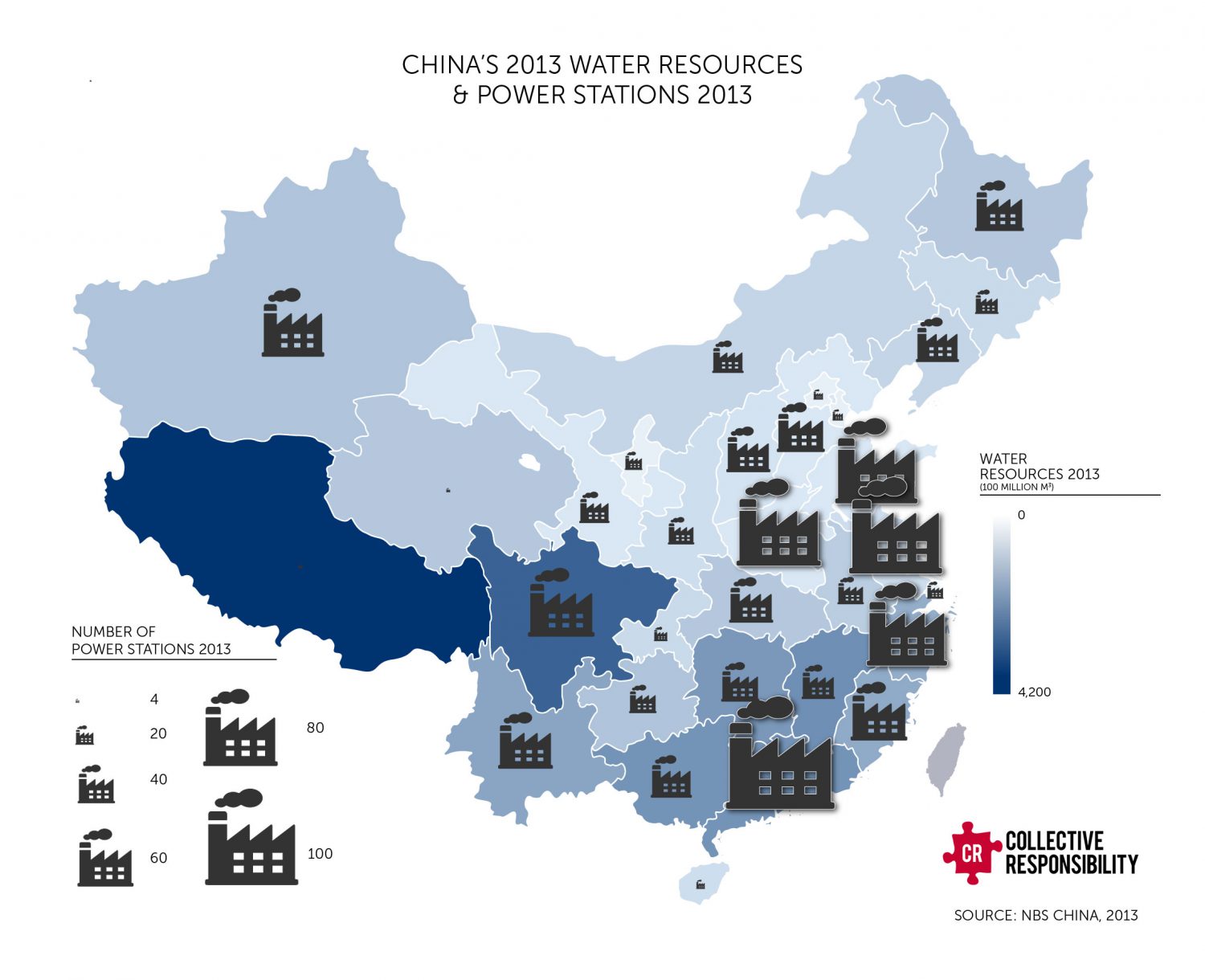Stock Market Volatility: Investors Facing Increased Pain

Table of Contents
Understanding the Causes of Increased Stock Market Volatility
Several interconnected factors contribute to the heightened stock market volatility we're experiencing. Let's delve into the key drivers:
Inflation's Impact
Rising inflation erodes purchasing power, squeezing consumer spending and impacting corporate profitability. High inflation forces central banks to take action, often resulting in increased interest rates, further influencing market behavior.
- Eroded Purchasing Power: Inflation reduces the value of money, meaning consumers can buy less with the same amount of income. This decrease in consumer spending directly affects company revenues.
- Impact on Corporate Profits: Increased input costs (raw materials, labor) eat into profit margins, making companies less attractive to investors.
- Central Bank Influence: Central banks like the Federal Reserve raise interest rates to combat inflation. This affects borrowing costs and investor sentiment, often resulting in market corrections.
Data shows a strong correlation between inflation rates and market volatility. For example, during periods of high inflation in the 1970s, the stock market experienced significant swings and bear markets.
Geopolitical Uncertainty
Global events such as wars, political instability, and international tensions create uncertainty in the market. Unexpected geopolitical developments can trigger sudden and dramatic shifts in investor sentiment.
- Recent Geopolitical Events: The ongoing war in Ukraine, for example, has had a significant impact on energy prices and global supply chains, contributing to market uncertainty and volatility. Similarly, political tensions in other regions can trigger similar effects.
- Investor Sentiment: Geopolitical uncertainty fuels fear and uncertainty among investors, leading to sell-offs and increased volatility. This uncertainty makes it difficult to predict future market trends, increasing risk.
Interest Rate Hikes
Central bank actions to control inflation by raising interest rates directly influence stock prices and market volatility. Higher rates increase borrowing costs for businesses and consumers, impacting economic growth and investment decisions.
- Impact on Borrowing Costs: Higher interest rates make it more expensive for businesses to borrow money for expansion, investment, and operations, potentially slowing economic growth.
- Effect on Bond Yields: Rising interest rates increase bond yields, making bonds a more attractive investment compared to stocks for some investors, leading to capital flowing out of the stock market.
Strategies for Mitigating Stock Market Volatility Risk
While we cannot eliminate stock market volatility, we can implement strategies to mitigate its impact on our investments:
Diversification
A well-diversified investment portfolio is crucial for reducing overall risk. Spreading investments across various asset classes and sectors helps to cushion the blow of any single investment underperforming.
- Asset Class Diversification: Include a mix of stocks, bonds, real estate, and potentially alternative investments like commodities or private equity.
- Sector Diversification: Don't put all your eggs in one basket. Invest across different industries to reduce the impact of sector-specific downturns.
- International Diversification: Expanding your investments globally can reduce exposure to regional economic or political events.
Long-Term Investment Approach
Adopting a long-term investment horizon is vital for weathering short-term market fluctuations. Focus on your long-term financial goals rather than reacting to daily market movements.
- Reduce the Impact of Volatility: Over the long term, market downturns are typically followed by periods of growth. A long-term approach allows you to ride out the volatility.
- Emotional Discipline: Avoid impulsive decisions driven by fear or greed. Stick to your investment plan and rebalance your portfolio periodically.
Risk Tolerance Assessment
Understanding your own risk tolerance is paramount before making any investment decisions. Knowing your comfort level with potential losses will help you choose appropriate investments.
- Risk Tolerance Questionnaires: Many online resources offer questionnaires to help you assess your risk profile.
- Financial Advisor Consultation: A qualified financial advisor can provide personalized guidance based on your individual circumstances and financial goals.
- Asset Allocation: Your risk tolerance should inform your asset allocation strategy, determining the proportion of your portfolio invested in different asset classes.
The Psychological Impact of Stock Market Volatility on Investors
Stock market volatility significantly impacts investor psychology, often leading to irrational decisions:
Fear and Greed
Fear and greed are powerful emotional drivers that can lead to poor investment decisions during volatile periods.
- Panic Selling: Fear can trigger panic selling, leading to losses as investors exit the market at unfavorable prices.
- Impulsive Buying: Greed can lead to impulsive buying during market rallies, potentially leading to losses when the market corrects.
- Emotional Control: Practice emotional discipline. Develop a strategy for managing your emotions during periods of market uncertainty.
Impact on Investor Confidence
Prolonged periods of stock market volatility can erode investor confidence and participation.
- Reduced Risk Appetite: Investors may become hesitant to take on new investment risks, potentially missing out on future growth opportunities.
- Maintaining a Positive Outlook: Focus on the long-term potential of your investments and avoid being discouraged by short-term market fluctuations.
Managing Stock Market Volatility for Better Returns
Increased stock market volatility is driven by a combination of inflation, geopolitical uncertainty, and interest rate adjustments. To navigate this challenging environment, diversify your portfolio across asset classes and sectors, adopt a long-term investment horizon, and understand your risk tolerance. Remember that managing your emotional responses to market fluctuations is as crucial as your investment strategy. Don't let stock market volatility dictate your financial future. Take control by learning more about risk management strategies and building a resilient investment portfolio today!

Featured Posts
-
 A Comprehensive Map Of The Countrys Emerging Business Hubs
Apr 22, 2025
A Comprehensive Map Of The Countrys Emerging Business Hubs
Apr 22, 2025 -
 Open Ais Chat Gpt Under Ftc Scrutiny Implications For Ai Development
Apr 22, 2025
Open Ais Chat Gpt Under Ftc Scrutiny Implications For Ai Development
Apr 22, 2025 -
 Open Ai Simplifies Voice Assistant Development 2024 Developer Event Highlights
Apr 22, 2025
Open Ai Simplifies Voice Assistant Development 2024 Developer Event Highlights
Apr 22, 2025 -
 Bmw And Porsches China Challenges A Growing Trend
Apr 22, 2025
Bmw And Porsches China Challenges A Growing Trend
Apr 22, 2025 -
 Trumps Ukraine Proposal Kyivs Urgent Response Needed
Apr 22, 2025
Trumps Ukraine Proposal Kyivs Urgent Response Needed
Apr 22, 2025
